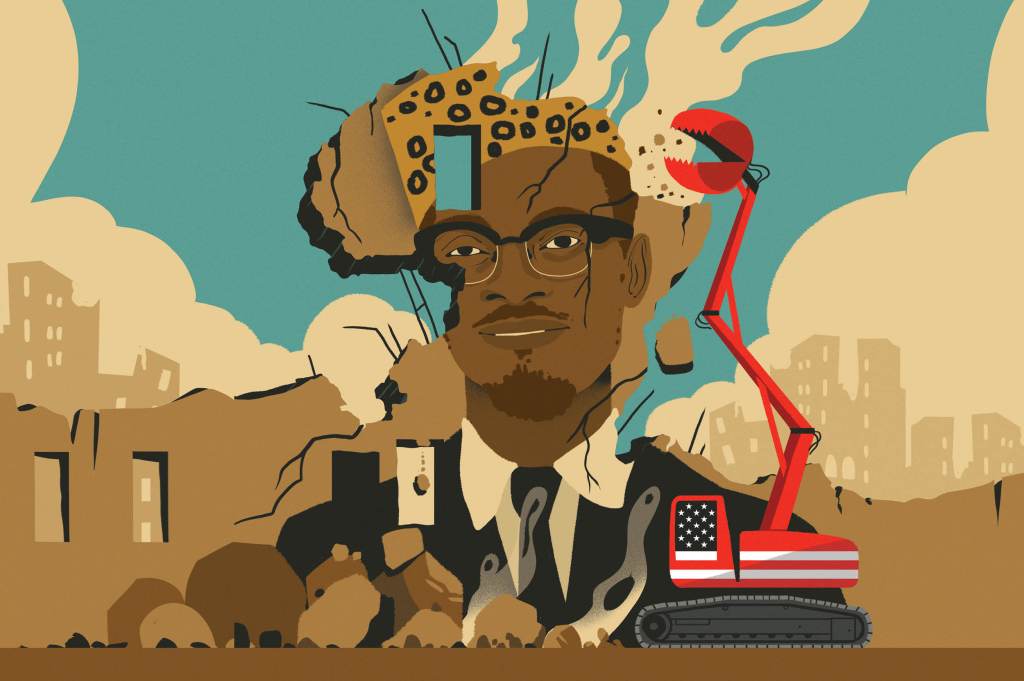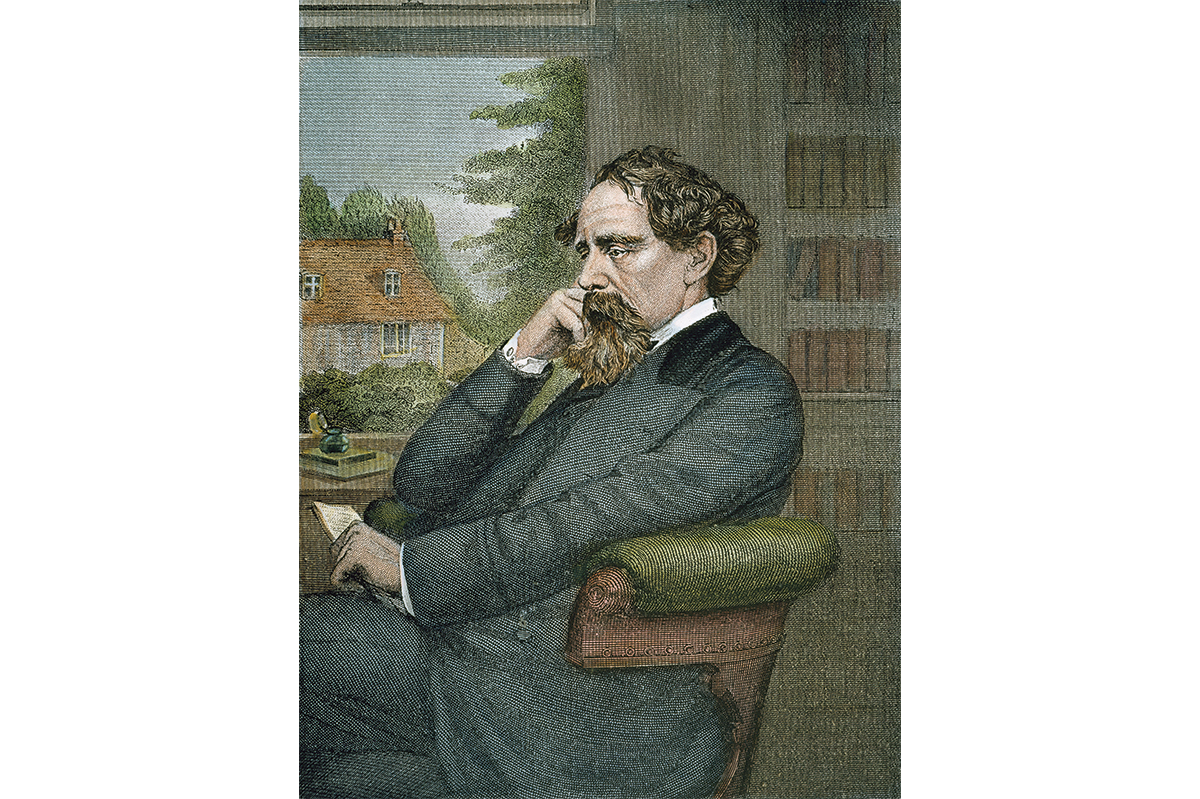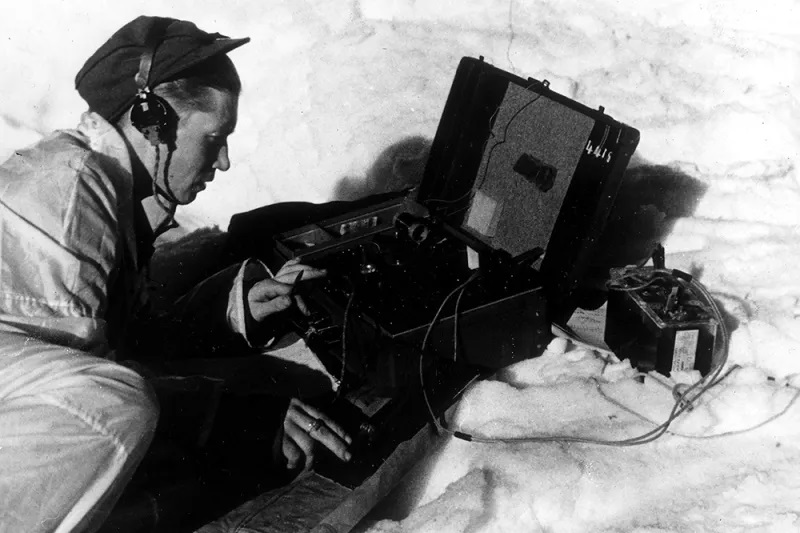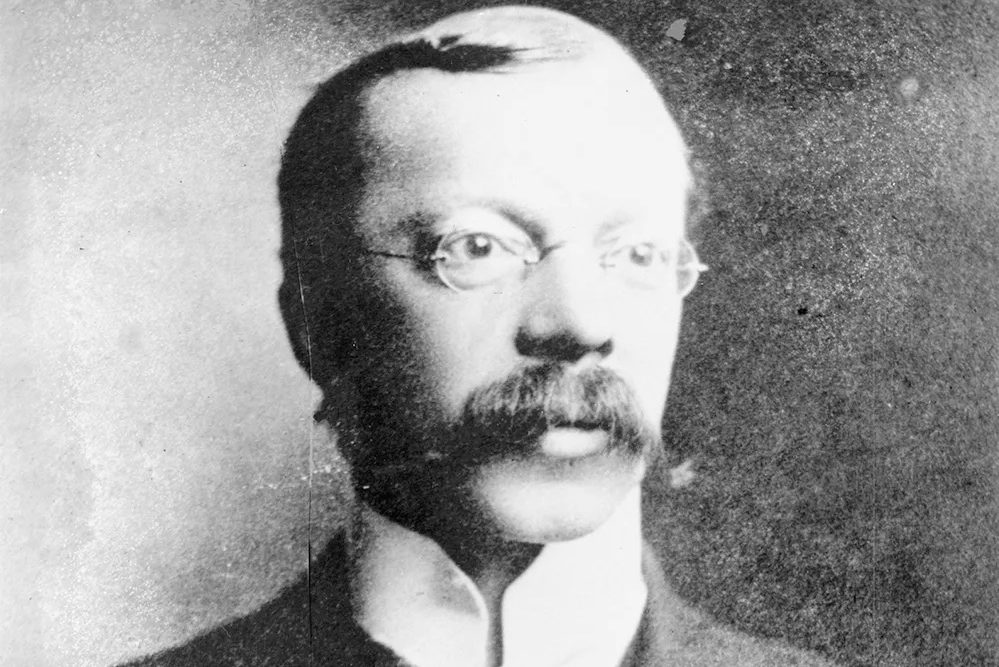As everybody knows, as soon as you start to talk to any historian of postwar life in any Latin American or African or Southeast Asian country, the discussion quickly turns to the role of the CIA in subverting democracy. From the Truman-era coups in Syria and Egypt, through regime change in Guatemala, assassination in the Dominican Republic, the fomenting of industrial unrest in Guyana, and both the military and covert US involvement in Vietnam, it seems overseas intrigue was the rule and long periods of benign neglect the exception. In the case of Cuba, some of the details of Operation Mongoose, the CIA’s ill-fated attempt to sabotage Fidel Castro’s revolution by supplying an exploding cigar, a poisoned wetsuit or an LSD-spiked drink to the dictator read like a James Bond movie script as interpreted by Woody Allen. Overall, these were not initiatives that conspicuously add to the reputation of US foreign policy for probity and high-minded principle.
Perhaps no other central African state suffered from the attention of both major Cold War powers quite like the Congo of the late 1950s and early 1960s. The horrors of Belgian colonial rule in the region had first been brought to public notice in Joseph Conrad’s 1899 novella Heart of Darkness. In 1909, Arthur Conan Doyle published his bestselling The Crime of the Congo, in which he described the abuse of the Congolese people, then treated like the personal property of King Leopold II of Belgium, to be “the greatest sin ever committed in the history of the world.” Writing toward the end of his life in 1930, Doyle added that the perennial state of crisis in that part of Africa struck him as much like one of his periodic attacks of gout, “apparently cured, only to flare up again with renewed vigor.”
By early 1960, Congolese hopes for self-rule had crystallized around the figure of thirty-four-year-old Patrice Lumumba, a former traveling beer salesman-turned-nationalist politician, notable both for his trademark horn-rimmed glasses and his gift of oratory, whom Stuart Reid describes here as “equal parts charm and pluck. He improvised rather than planned… Sometimes, Lumumba’s approach would pay off, allowing him to rise high and fast. Other times, he flew too close to the sun.” In June 1960, Lumumba’s Mouvement national Congolais (MNC) became the first democratically elected government of an independent Republic of Congo. It was not a universally welcomed development, either at home or abroad. Unimpressed by their new leader, the Congolese army — in which there was not a single African officer — promptly mutinied, effectively leaving the country lawless. The Belgians then sent in paratroopers, ostensibly to protect the region’s remaining white population, but really, as the MNC saw it, to reestablish Belgian colonial rule. In the ensuing chaos, Lumumba unwisely elected to call for Soviet military assistance to restore order, a serious faux pas in terms of his young nation’s already fragile relations with the West. As CIA director Allen Dulles put it, “We conclude that [Lumumba’s] removal must be an urgent and prime objective, and this should be a high priority of our covert action.”
Stuart Reid relates the whole convoluted tale lucidly, conveying the steadily growing atmosphere of confusion and fear, with an eye for the telling detail. Sometimes in the course of his brisk and unavoidably grim exposition, he pauses to take account of a paradoxically comic episode, such as the surreal moment during Lumumba’s brief premiership when Louis Armstrong arrived on a goodwill tour sponsored by the State Department and Pepsi-Cola. The great jazz trumpeter was carried around town on “a red sedan chair… while the crowds tapped along tentatively to the sounds of ‘Mack the Knife,’” before dining that night with the local CIA station chief Larry Devlin. By then, Devlin was receiving instructions from a superior officer — who styled himself “Joe from Paris” — with the suggestion that either he (Joe) or Devlin should insinuate himself into Lumumba’s home and swap his toothpaste tube for one laced with poison. Before this could happen, Lumumba’s government was removed from office by rival factions led by the nation’s centrist president Joseph Kasa-Vubu, who accused the outgoing regime of having communist sympathies. The prime minister and his MNC party had lasted just seventy-three days in power.
Was it all part of an orchestrated CIA plot to oust the troublesome Lumumba and protect Western political and commercial interests? Reid makes a convincing case that it was, quoting the long-concealed minutes of an August 1960 White House meeting involving President Eisenhower, Dulles and others. After agreeing with his spy chief that independence had come to Africa “fifty years too soon,” Eisenhower concluded that the immediate problem was “one man forcing us out of the Congo — Lumumba supported by the Soviets.” According to the notes, the president then went on to utter the fateful word “eliminated.”
This may have been the sort of exasperated kingly aside that had led to the murder of Thomas Becket in Canterbury nearly 800 years earlier. Or it may be that the real reasons for Lumumba’s overthrow lay concealed somewhere back among the tangle of tribal and ethnic rivalries of his newly independent state. Fratricidal wars are bound to be the most brutal. Equally, there may have been a further outside party involved: some years ago, the British Labour politician David Lea claimed that he met with his country’s senior intelligence officer Daphne Park shortly before her death in 2010. “I mentioned the uproar surrounding Lumumba’s removal,” Lea wrote, “and recalled the theory that MI6 might have had something to do with it.
“‘We did,’ Park replied. ‘I organized it.’”
Was Lumumba a principled freedom fighter, and ultimately a martyr to the cause of Congolese independence from the exploitation of colonial rule, who bears comparison to the likes of a Gandhi or Mandela? Or might he have been just another plausible demagogue with a gift for rabble-rousing rhetoric matched only by his capacity for personal enrichment? That, too, is a difficult question to answer. As Reid summarizes: “Depending on whom you ask, he was an agent of chaos who deserved his fate, a hapless fool outmaneuvered by more powerful forces, or a flawless hero cut down by imperial cruelty.” Capable of exhorting his people to lead better lives, the married Lumumba once surprised his State Department handler while on an official visit to Washington by requesting a female companion to join him overnight at Blair House. Asked more precisely what he had in mind, Lumumba replied “a blonde white,” an arrangement with which he expressed “complete satisfaction” the following morning.
In the event, perhaps nothing in the life of this talented, charismatic and sometimes perverse figure became him like the leaving it. On the night of January 17, 1961 — just three days before the inauguration of John F. Kennedy, who was widely thought more sympathetic to the MNC cause than his predecessor — Lumumba and two companions were lined up against a tree, illuminated by the headlights of a parked jeep and shot one at a time. Their executioners were a ragged crew of Belgian mercenaries and troops loyal to Moïse Tshombe, the psychotic leader of the Congolese secessionist state of Katanga. The bodies were promptly thrown into a shallow grave, but dug up again the following morning, dismembered and dissolved in acid. Told that he would be dead soon, Lumumba had replied calmly, “At the point where I am, it doesn’t matter.” One of those present said that Lumumba had maintained his composure to the end: “I remember being struck by his dignity.”
Stuart Reid tells his terrible tale with elegance and flair, and a degree of restraint that makes the narrative all the more compelling. He treats with skepticism the theory that the CIA might also have been behind the death of UN secretary-general Dag Hammarskjöld, whose DC-6 crashed in September 1961 while taking him to a meeting with Tshombe’s forces. President Kennedy later described Hammarskjöld as “the greatest statesman of the century,” while, on a note of farcical indignation, the Kremlin blamed his death on “imperialist goons.” The more likely scenario is that the plane’s pilot became disoriented while descending toward a poorly-lit airstrip at night.
There was a macabre sequel to the whole Congolese affair when, in June 2022, a military honor guard was finally able to bury Lumumba’s only known remains — a gold tooth — at a lavish state funeral in Kinshasa, capital of what is now the Democratic Republic of Congo. It would take an author of Evelyn Waugh’s peculiar genius to do full justice to the spectacle, at once both solemn and absurd, of the relic being borne aloft to its final resting place, but Reid comes close here. “The clawlike mausoleum, built by a Chinese construction company on a roundabout on the road to the airport, looked like something out of a science-fiction movie set,” he writes. “The bronze statue atop it, cast two decades earlier by a North Korean construction firm, failed to capture Lumumba’s likeness… As giant photographs of Lumumba looked on from easels, competing Lumumba impersonators mugged for the camera.”
Reid’s book presents a compelling and often troubling account of the human consequences of Cold War rivalries extended to the principal combatants’ client states. But the gaudy chaos of central African politics of the time is also depicted perfectly, so much so that once or twice, despite myself, I was laughing out loud.
This article was originally published in The Spectator’s November 2023 World edition.


























Leave a Reply